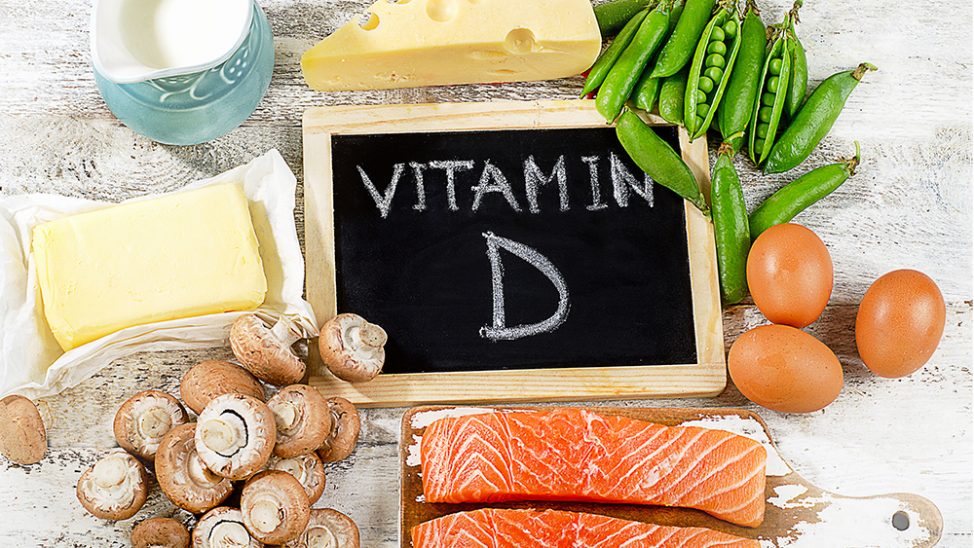By Monica Hollifield, MSDN, RDN
Since the pandemic began, it has been a challenge for healthcare providers and scientists to work out why some people are more susceptible to infection by the Coronavirus than others. Comorbidities such as obesity, diabetes mellitus, and lung conditions are all factors that increase the risk for severe COVID-19 infection, but there are less obvious factors that also contribute to Coronavirus susceptibility and severity. Scientists say evidence from several studies seems to show a connection between low serum levels of Vitamin D and susceptibility to and severity of infection with COVID-19.
Vitamin D is an essential fat-soluble vitamin that plays a vital role in immunity, bone health, regulation of certain minerals, and it can help protect against certain diseases such as Multiple Sclerosis, heart disease and even depression. Our body naturally produces Vitamin D when exposed to sunlight, and it can also be found in foods such as fortified dairy and non-dairy milk, salmon, egg yolk, fortified cereal, fortified juice, and shrimp.
Several studies conducted within the last 12 months have demonstrated that those individuals with low or deficient levels of Vitamin D are not only more susceptible to infection with Coronavirus, but are also more likely to experience severe infection requiring hospitalization and to experience higher mortality rates due to infection. This is especially true for certain racial and ethnic minorities with darker skin who have been disproportionality affected by the pandemic.
The mechanism behind the protection conferred by adequate Vitamin D levels is still being investigated, but scientists believe that Vitamin D may reduce the risk of COVID-19 infection and infection-related death through improved innate immunity, maintenance of cell junctions that are important for proper cell function, favorable modification of gene expression, and lastly by acting as a natural antimicrobial. It’s also been proposed that Vitamin D possesses anti-inflammatory effects that help dampen the body’s hyper-immune response to COVID-19 infection.
Although studies have had inconsistent conclusions and research remains ongoing, preliminary results on the effects of adequate Vitamin D levels in the prevention and severity of COVID-19 infection are promising. Those with darker skin, those in high-risk jobs, and those with other comorbidities that increase susceptibility to Coronavirus should consider adding 25 µg (1,000 IU) of D3 to their existing regimen. This is especially important since most of us have been spending more time indoors than usual since the pandemic began, depriving of us of our main source of Vitamin D—the sun. This pandemic has demonstrated how crucial proper nutrition is in the fight against infection. DeliverLean Care is committed to ensuring that those who are most vulnerable have access to the nutrition necessary to keep themselves, and their immune systems, healthy and happy.

